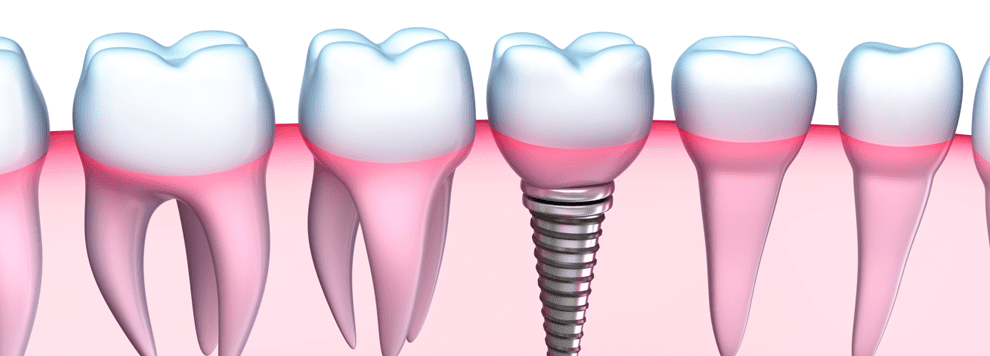Dental implants are an immediate solution for replacement of missing teeth. The best professionals you could count on for placing dental implants include periodontist, oral surgeon as well as general dentists having good training on dental implants in Sydney. Such experts would place crowns, dentures and bridges, which will all look just like natural teeth. So if you’d wish to know more about this commendable treatment, read on to get a deep insight.
1. Before placing an implant:
Before placing a dental implant, it is essential to determine if you are a good candidate or not. Fortunately, most of them are deemed to be good candidates to avail the treatment. Having enough bone density is a must in order to keep dental implants intact. That said, dental implants are not recommended for those involved in the following activities or conditions:
- Smoking
- Uncontrolled Diabetes
- Autoimmune Diseases
- Radiation Therapy for head and neck
Visit a dental professional who will analyse your condition and examine if you will qualify for dental implants or not. Dental implants are ideal for those who have missing teeth for several years, as well as for people who have lost their teeth due to gum diseases or infection. If you don’t have enough bone density, help is at hand as dentists will perform bone grafting procedure to make implants compatible for you.
2. Placing of Implants:
Placing dental implants is a two-step process.
During the initial step, the dentist or surgeon will use local anaesthesia and sedation if needed. The surgeon will make a cut on the gum to expose the bone and a hole would be drilled to place the implants. To make sure the implant is placed in the right way, an X-ray would be taken for examining the same.
The time required for completing this process depends on two factors: the number of implants placed, requirement of placing bone graft during the process.
Implants must have been integrated with the bone by this time, which means you’re good to go with the second step. After administering local anaesthesia, the implant is exposed. The protective screw will be removed and replaced with a metal healing cap.
It is only in the rarest of cases that dental implants do not successfully integrate with the jaw bone. In that case, your oral surgeon might remove the implants and replace them with slightly wider ones or place grafts to fill up the empty spaces to make the procedure even more successful.
3. Aftercare
Once the dental implants procedure is done with, it is normal to feel some discomfort. However, be informed that recovery times can vary from person to person. One of the major keys to a successful recovery is to maintain good oral hygiene. Poor oral hygiene can create problems such as infections that will slow down the process of healing.
Dental implants are the most dependable solution for replacement of missing teeth. Consult a dental surgeon today and avail the treatment with confidence.

